Being young myself, I had a deep understanding for the children I helped out with. The excitement surrounding them when they spoke new words. Their need to play and discover.
Hi, I’m Brent. I’m a speech pathologist consultant from Melbourne. I offer two services in particular: Assessments and Therapy. I am available for face-to-face assessments and therapy at my clinic in Derrimut, within the Melbourne area, and remote services anywhere you are in the world.
When I was a student working towards a Masters of Speech Pathology, I completed adult and paediatric clinical practice placements. Immediately, I was drawn towards working with children and their families.
Perhaps it’s because my mother is a teacher which meant I was working around children and in school settings behind the scenes since I was a teenager. Being young myself, I had a deep understanding for the children I helped out with. The excitement surrounding them when they spoke new words. Their need to play and discover. How each day held the potential to learn more and shape them into the unique individuals they were on their way to becoming.
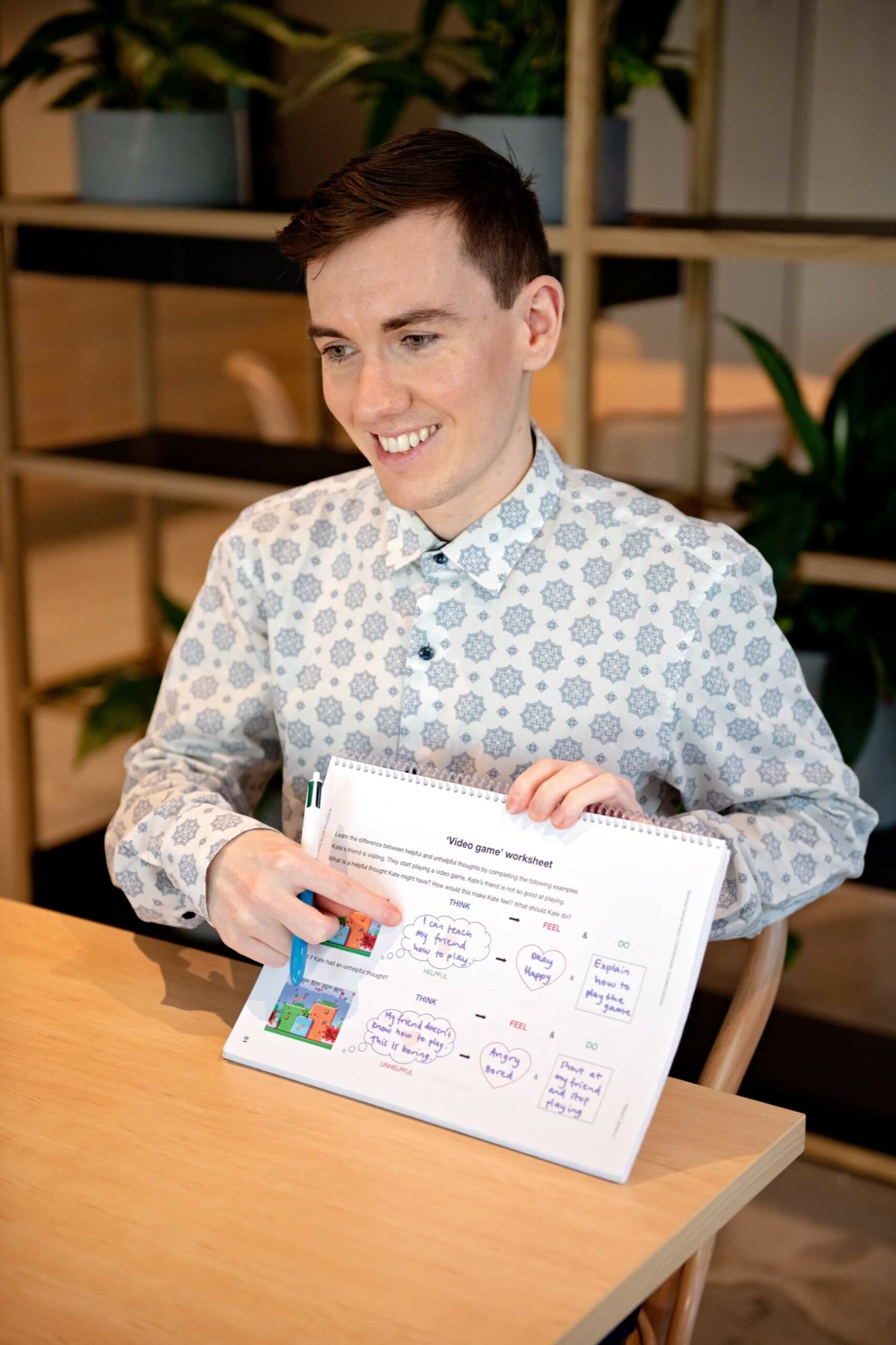
“The answer is not to standardise education, but to personalise and customise it to the needs of each child and community. There is no alternative. There never was.”
- Sir Ken Robinson
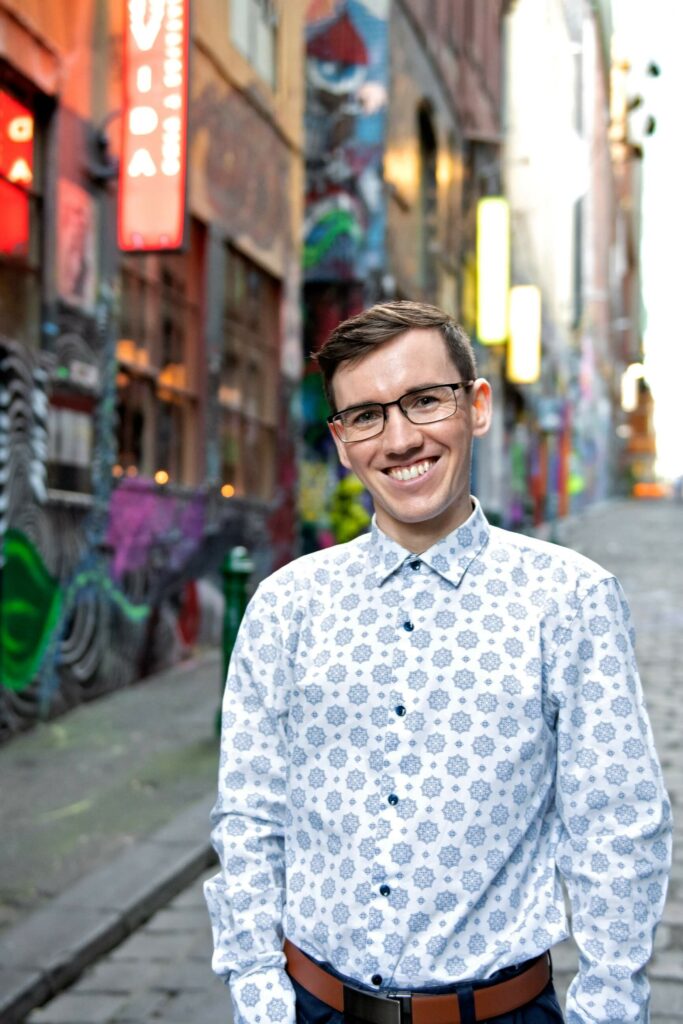
I also had a lot of empathy for those going through a tough time. Every year in almost every class, there would be several who struggled. Those who found it difficult to learn no matter how hard they tried. Those who simply couldn't make sense of their world. Our world is designed for the neurotypical. It’s one that requires you to have a whole set of social rules in your head, ready to go, in order to survive. I remember intuitively knowing when a child’s confusion would start overwhelming them, or when they might lash out in frustration. This early experience left a profound impact on me. It was an illustration of the fact that to this day, things have never been easy for the neurodiverse.
Studying speech pathology was a natural progression. When I had the opportunity to choose my path, I snatched up the one that matched my personality and interests: Analysing, fitting, and tinkering to make things work. Using the known to figure out the unknown. Working with children is a very different viewpoint to working with adult clients. I believe it is a more positive, developmental, and growth-oriented experience. It’s one where if you find the right key, you’re able to help them unlock their potential.
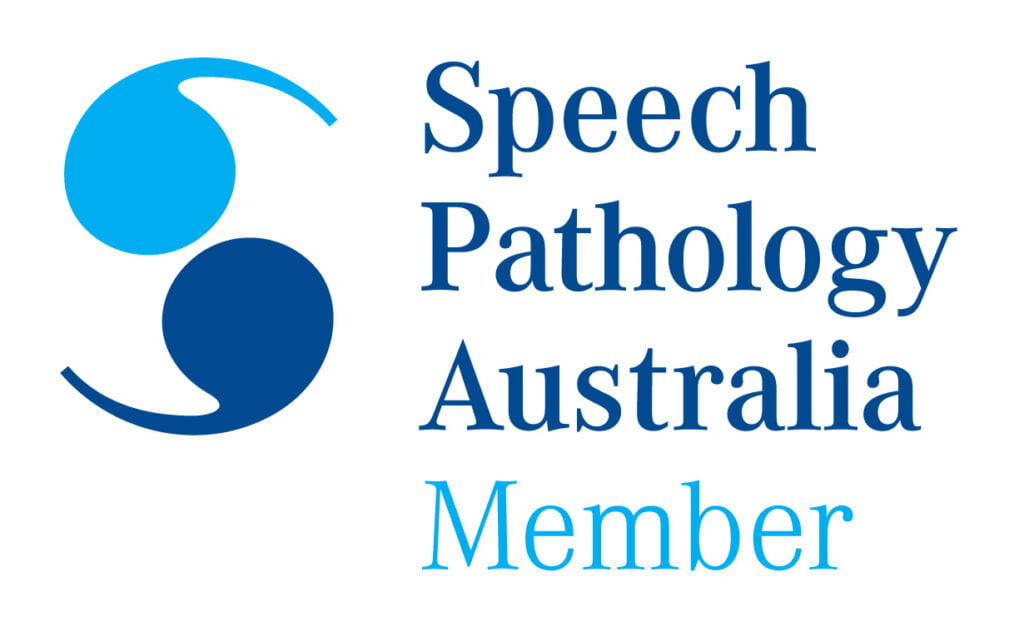



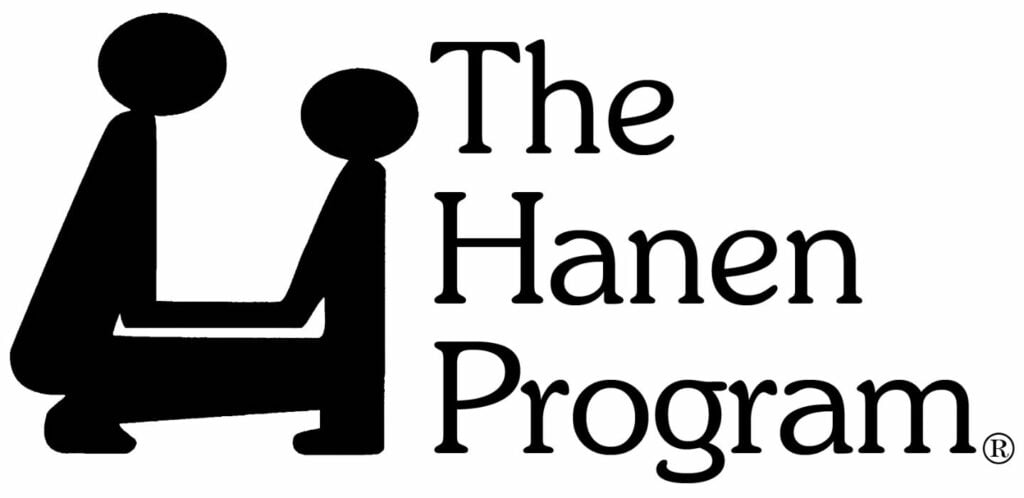
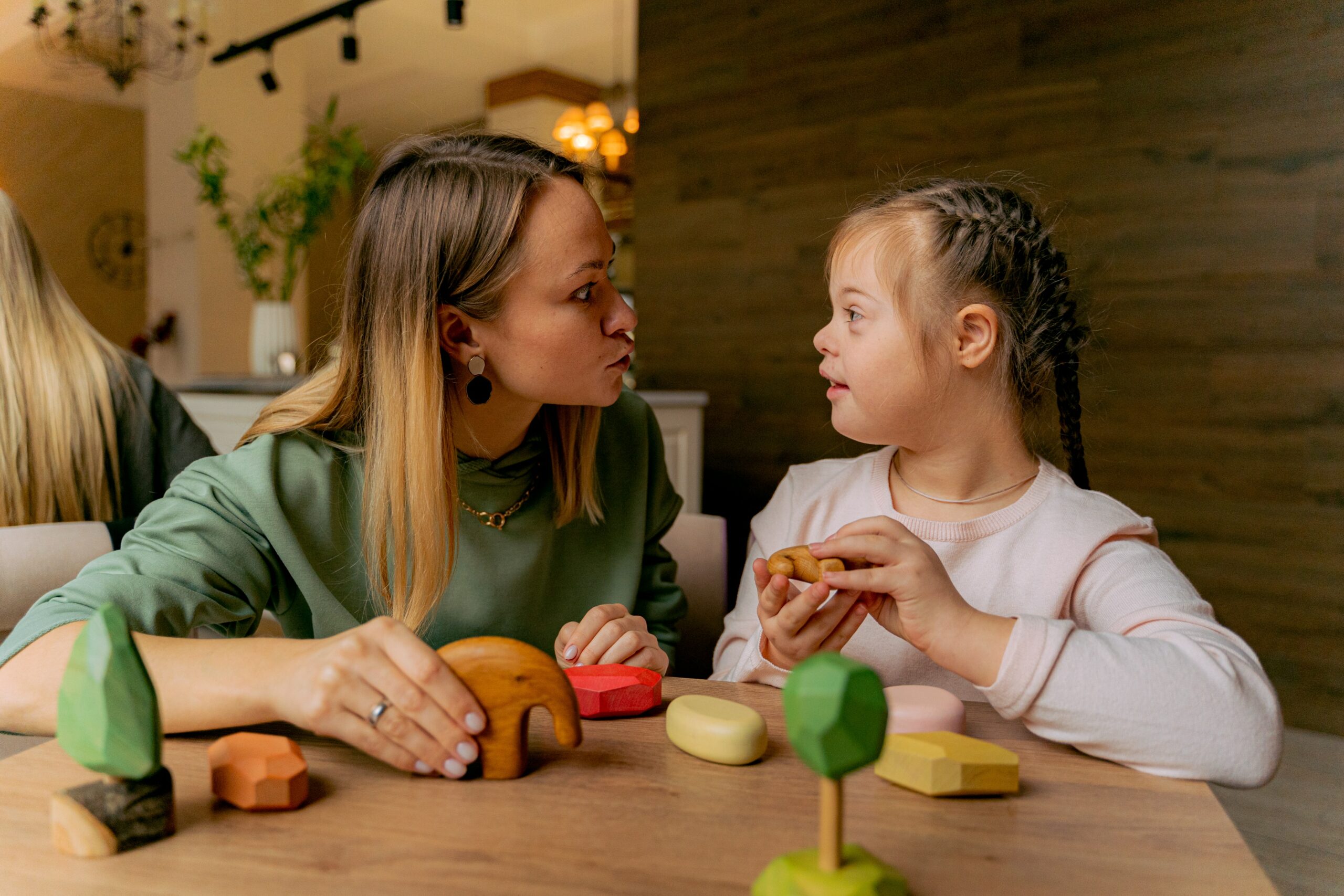
Speech pathologists work with people with communication problems. Speech pathologists study, assess, work out the problem, give advice, give therapy, and find the right tools for you. Communication problems include problems with speaking, hearing, listening, understanding, social skills, reading, writing, and using voice. There are lots of causes for communication problems. For example brain differences from birth like autism and cerebral palsy, medical problems like cleft palate and lumps on the vocal cords, hearing loss, and brain damage from accident or illness. Communication problems can be in families and can have no known cause. A communication problem can make it hard to speak up or make decisions, learn, make friends, stay safe, and have good mental health. A communication problem can be mild to severe and can last a short time or for life. People with communication problems can be angry, embarrassed, or very sad. Get help as soon as possible as this can make a big difference.
A behaviour therapist is a professional who specialises in behaviour therapy. They work with children and families to identify key skills or problematic behaviours and develop strategies to change those skills and behaviours. Behaviour therapists may have training in various approaches, including Applied Behaviour Analysis (ABA), Cognitive Behavioural Therapy (CBT), and Positive Behaviour Support (PBS).

Counsellors are professionals who provide psychological support and assistance to people who are struggling with various issues. These issues can include mental health problems, relationship difficulties, substance abuse, and more. Counsellors help children and families to cope with these challenges and make positive changes in their lives.


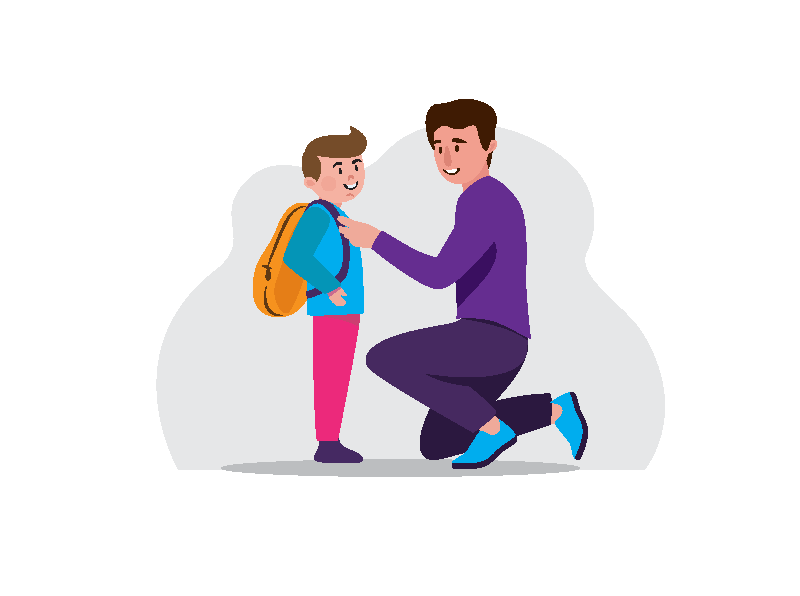
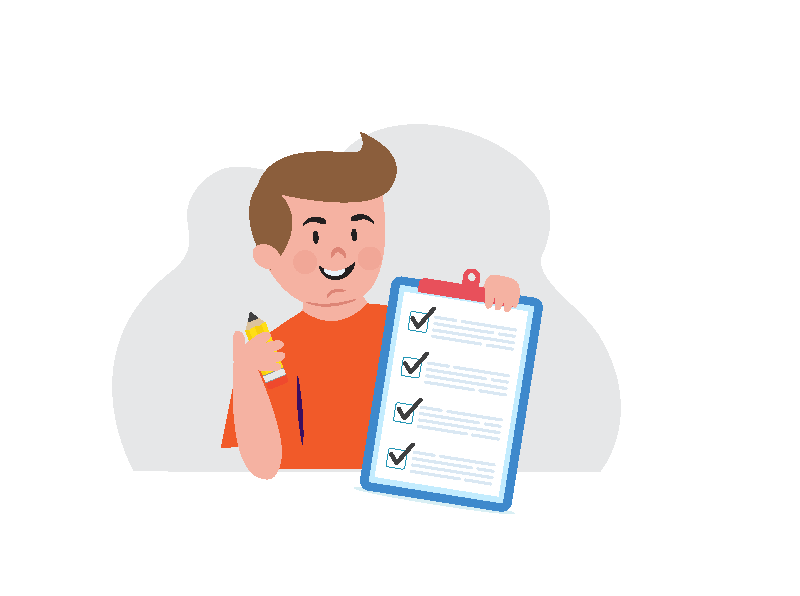
Our passion is in putting the pieces of that puzzle together. Working out what goes where in each stage of a child’s life.
Assessments and diagnostics is the first step to understanding where your child is. From there, we are able to see the things they need to start growing their skills. It lets us start putting a picture together of how we might get there.
It’s a balancing act at this point. What are the time and budget constraints of your family? What support and quality of support is offered at school? How can we bring in as much therapy as possible into this young person’s life with the least financial and emotional strain?
We aim to answer these questions through a range of approaches and solutions. Over the years, we have researched and sought out evidence-based approaches that have been found to show promise with a variety of children. The underlying theory can be different. But what I have found to be true is that no two children are the same. What works with one may have no effect whatsoever with another. Some components of a program may work wonders, while other components simply do not match a child’s temperament, disposition, or the limitations of their co-existing conditions.
In this case, thinking outside the box is an important part of the job. The key to unlocking progress can be found in unlikely places. I recall a child with a history of school refusal. In the early days of therapy with him, he would bring in his ukelele, refusing to let go of it. Far from being an issue, this was an opportunity. I had him bring his instrument of choice back into our sessions. He would play his ukulele for me and warmed up by showing me how to play some chords. This gave me an opening to subtly encourage and direct social communication and verbalization. He had quite a talent for music. Using his interest and skills to drive the sessions were not only fun, but massively effective. For as long as we were using the power of enjoyment when I did therapy with him, he would continue to come to therapy even when he barely attended school.
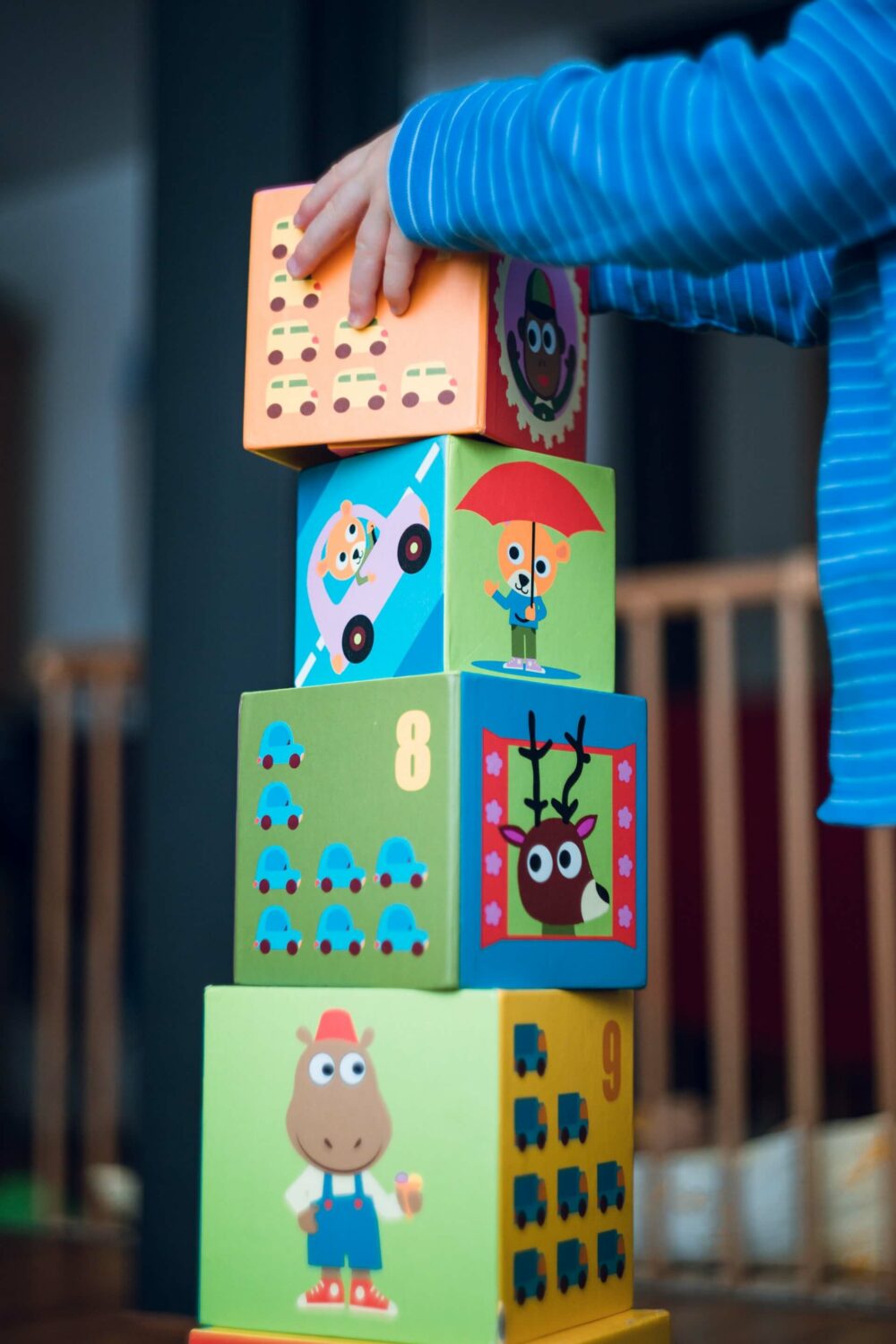
For us, the answer is to specialise in these two spaces. Understanding the problem and putting together a parent and child therapy solution for each child’s circumstances at the present moment.
This can mean a recommendation of two or more assessments in the initial stages. It may result in putting together a customised plan made up of multiple components taken from play-based programs, behavioural therapy, visual approaches, story-based ideas, or emotional skills - among others.
Some therapists work with your child every week or so and may give you therapy homework in between then your child sees them at the next appointment. Parents and teachers are the key people in your child’s life. You spend the most time with your child and know your child the best. Our aim is to make sure that you are an essential part of any therapy or training. That way we can use your knowledge of your child and use everyday moments in your and your child’s life as the building blocks for your child’s development and growth.
Our focus is to harness an in-depth knowledge of approaches. With so many treatments on offer, it takes years of study to know what is what. Thousands of hours of practice go into honing the skill of getting therapy just right. Even then, parental feedback is critical in decisions surrounding tweaks to therapy, or a pivot away from it. For this reason, I strive to establish an understanding of who your child is as a person and your family’s specific needs before we can even start.
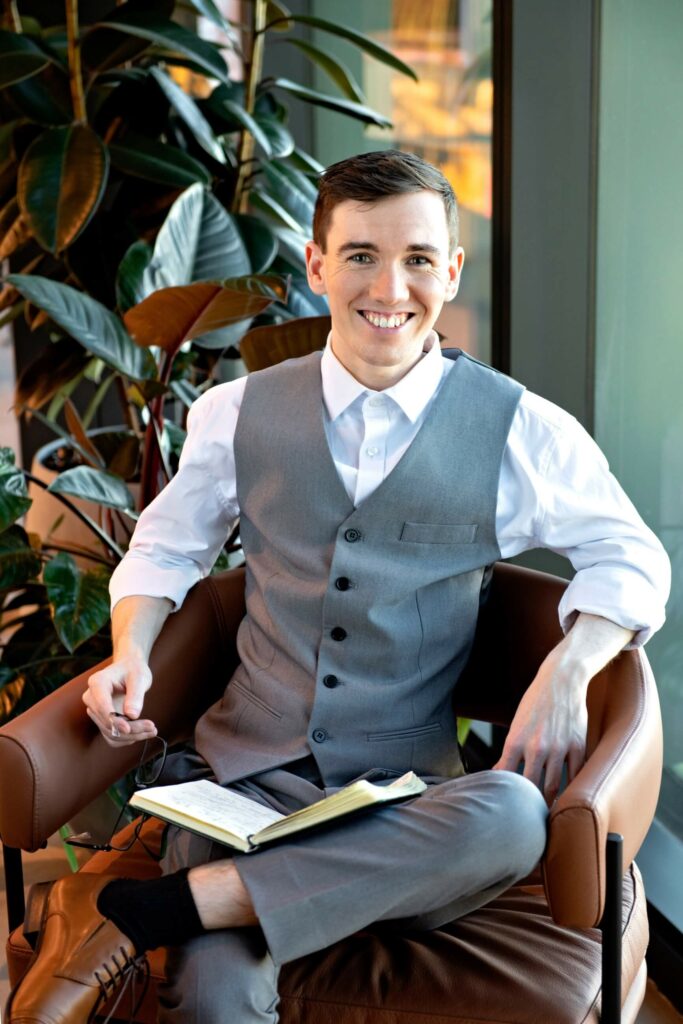
I completed my Master of Speech Pathology at the University of Melbourne in 2014. After graduation I worked in schools in the western region of Catholic Education Melbourne to develop the speech, language, and communication skills of all children, especially those with additional educational needs.
I have experience providing speech, language, pragmatic, literacy, voice, speech fluency assessment and intervention. I am committed to achieving the best possible outcomes for students, families, and schools through appropriate, evidence-based services that are targeted to a child’s areas of need. I have conducted therapy to target listening and attention, concept words, following directions, vocabulary, listening and storybook comprehension, grammar, sentence structure, storytelling, speech sounds, phonological awareness, phonics, spelling, reading comprehension, voice use, and speech fluency.
I believe that communicating effectively with families is integral to my role as a speech pathologist to discuss children’s learning, development, and progress, to obtain relevant information about children and their families to support therapy, and to provide easy to understand information that will enhance your child’s learning at home and at school.
I have completed professional development and training in: